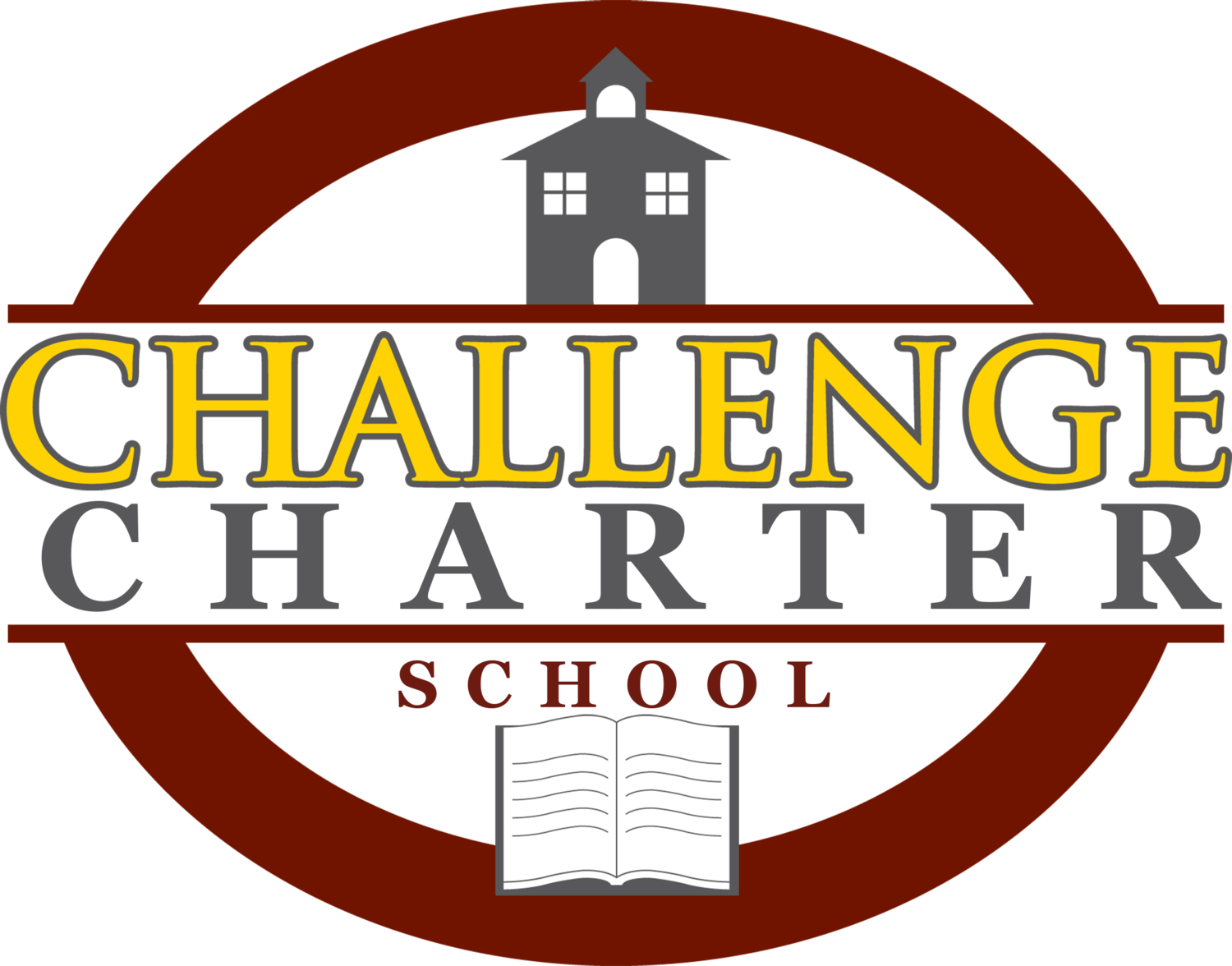CTE Pathways
Career and Technical Education (CTE) Programs are like schools within a school. Challenge adopted this model based on projected workforce trends and future employment opportunities as a result of the JFK Redevelopment as well as the ongoing jobs available in the greater New York area. All programs of study will have strong collaborative relationships with business, industry and post-secondary education. Hence, many programs will lead to industry recognized professional certifications and/or licenses.
Culinary Arts Students learn in a state-of-the-art kitchen.
Equally important, some programs enable students to earn college credit while in high school. Programs of study consist of multi-year sequence of course work, career guidance, and work-based learning experiences that enable students to make more informed college and career choices. They also afford students an opportunity to earn college credit, industry certification/licenses, or pre-apprenticeship experience prior to leaving high school (9-12) and the (9-14) early college program.
Once our accreditation is final, CTE programming will begin for all students in year one of the high school (Grade 9 and 10) with the completion of a required 1-unit course entitled, Career Development and Financial Management. Current career pathway program options are in Culinary Arts and Allied Health with Aviation to follow after.
Each of the pathways will offer: (A) Instruction delivered by highly trained, appropriately certified teachers, (B) Vocational education curricula developed in partnership with reps from the appropriate higher education disciplines and partners from business and industry, (C) Opportunities to earn industry-recognized certifications within each of the designated career areas of study, (D) Access to work-based learning experiences such as worksite tours, job shadowing, youth apprenticeships, on-site projects, clinical experience, community service, and paid and unpaid school-year and summer internships, and (E) Upon graduation, students benefit from the added advantage of industry certification, articulation agreements with postsecondary institutions, advanced placement college credit, tuition waivers, and job placement opportunities.
Allied Health Students work in the lab.
Career Readiness
Challenge is evolving its successful standards-aligned K-8 academic program to become a career ready K-12 (ultimately K-14) school. The career education focus does not replace the strong academic program of the school but rather enhances it. The K-12 career education curriculum is divided into three general parts as follows: Part I (Grades K-5) Elementary students investigate a variety of careers and post-secondary opportunities in a manner designed to excite learning; Part II (Grades 6 -8) Middle school students explore career pathway options to inform their academic choices and postsecondary education with a similar career emphasis and, Part III (Grades 9-12) High school students may enroll in a CTE program of study aligned with choices from among the specific career pathways listed above, while preparing simultaneously for post-secondary education.



